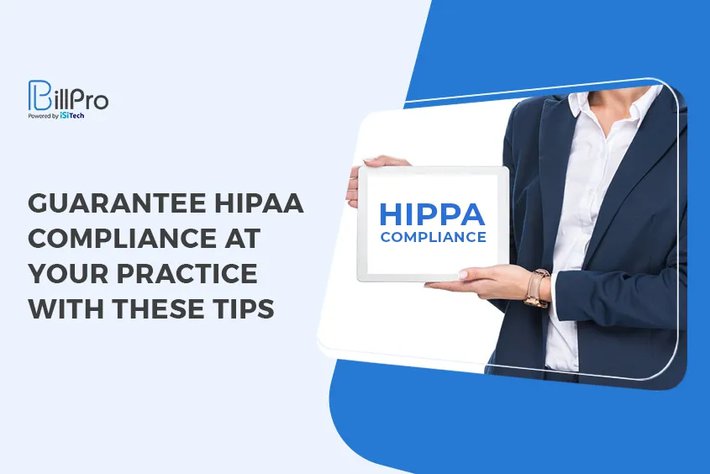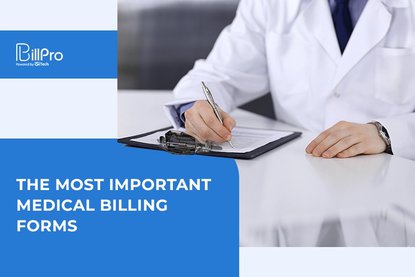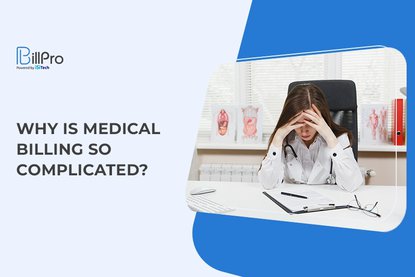If you run a New York Medicaid transportation business, then you already know that meeting HIPAA compliance comes with the territory. HIPAA is designed to ensure your clients’ sensitive data is distributed, discussed, and stored properly. Ultimately, it gives patients peace of mind that their personal health information isn’t freely shared within the business or with other clients. HIPAA also gives patients the right to request and receive copies of their medical information at any time. If you’re in the process of starting a new business, or you simply want to brush up on your HIPAA knowledge, we created a guide to make sure your business is HIPAA compliant all the time.
Create and Implement a Policy
The first step in becoming HIPAA compliant is creating a comprehensive policy within your organization. It’s important to develop and distribute a HIPAA policy to all current and future employees, making sure they fully understand what is expected of them when they come to work. HIPAA privacy policies aren’t written with a specific formula, so it’s your job to decide what information to include. Best practice is to document anything that has to do with sensitive patient data—that way, you cover your tracks if something does happen.
Hire a Dedicated HIPAA Security Officer
According to HIPAA, all covered entities must hire or appoint a HIPAA security officer. This person is responsible for implementing policies and procedures in addition to making sure staff understands the rules and regulations that have been set forth. They also may be responsible for conducting risk assessments, investigating data breaches, and conducting third-party audits to ensure that business associates are also doing their part in keeping HIPAA compliance.
Conduct Regular Internal Audits

You never know when you might be selected for a random HIPAA audit, so you want to be as prepared as possible. The thought of HIPAA coming in with little-to-no notice and evaluating your company’s compliance can be intimidating, but if you’re following guidelines, you have nothing to worry about. Still, you might feel better if you understand what they’re looking for and how audits typically go. Conducting an audit at your company is a simple task on any given day. Some big things to look for include any patient data visible on desks or computers. This is a huge red flag HIPAA violation, and it’s one of the first things HIPAA representatives will notice when they do a walk through. You should also make sure that all your employees are updating their passwords at least every 90 days, if not more frequently. Regularly updating passwords reduces the chance of data breaches, so you should develop a plan and stick with it.
Encrypt Email Communication
Emailing isn’t the most secure form of communication, but it's the most frequently used method of communicating with coworkers, business partners, and even patients. Since getting rid of email at your practice isn’t a viable option, you need to instead find a safe way to send and receive them. Encrypting your email communication is the best way to do this. When you encrypt your messages, the person receiving the email needs to enter a security key in order to view the message. To supplement this, you should make sure your team is regularly updating their passwords, using two-factor authentication on their email sign in, and using spam filters to avoid phishing emails. If you follow these best practices, you’ll be in a good spot to meet security regulations.
Develop Training Protocols
As a HIPAA-compliant entity, you’re obligated to provide training for your staff to make sure they understand what’s expected of them. This includes training new employees as soon as they’re hired and also providing recap training annually for the entire staff. Additionally, all employees should be provided with a digital and/or paper copy of the company HIPAA rules to reference when needed, and they must sign off that they have read and understand the regulations.
Familiarize Your Team With the Breach Notification Rule

According to the Department of Health and Human Services, covered entities must notify HIPAA officers and affected individuals of a breach after it happens. Likewise, if a business partner experiences a breach at their practice, they must notify covered entities and anyone involved. No one wants to be in a position where they have to report a breach, but it’s important to plan for the worst case scenario and have clearly defined policies to put forth if it does. This way, the already bad situation isn’t exacerbated further by confusion.
Commit to Finding Billing Software That Works for Your Business
When it comes to your healthcare data, having a secure method of storing this information has never been more important. Hackers continue to find new and innovative ways to tap into even the most protected systems, meaning you need to invest in a reliable security method. NY Medicaid billing software is one of the best ways to protect your patients’ data and boost efficiency at your practice, too. If you’re ready to improve your efforts and see better results, sign up for a free BillPro demo today to see the difference billing software makes.

 5/5 (2 votes)
5/5 (2 votes)
 143 views
143 views




